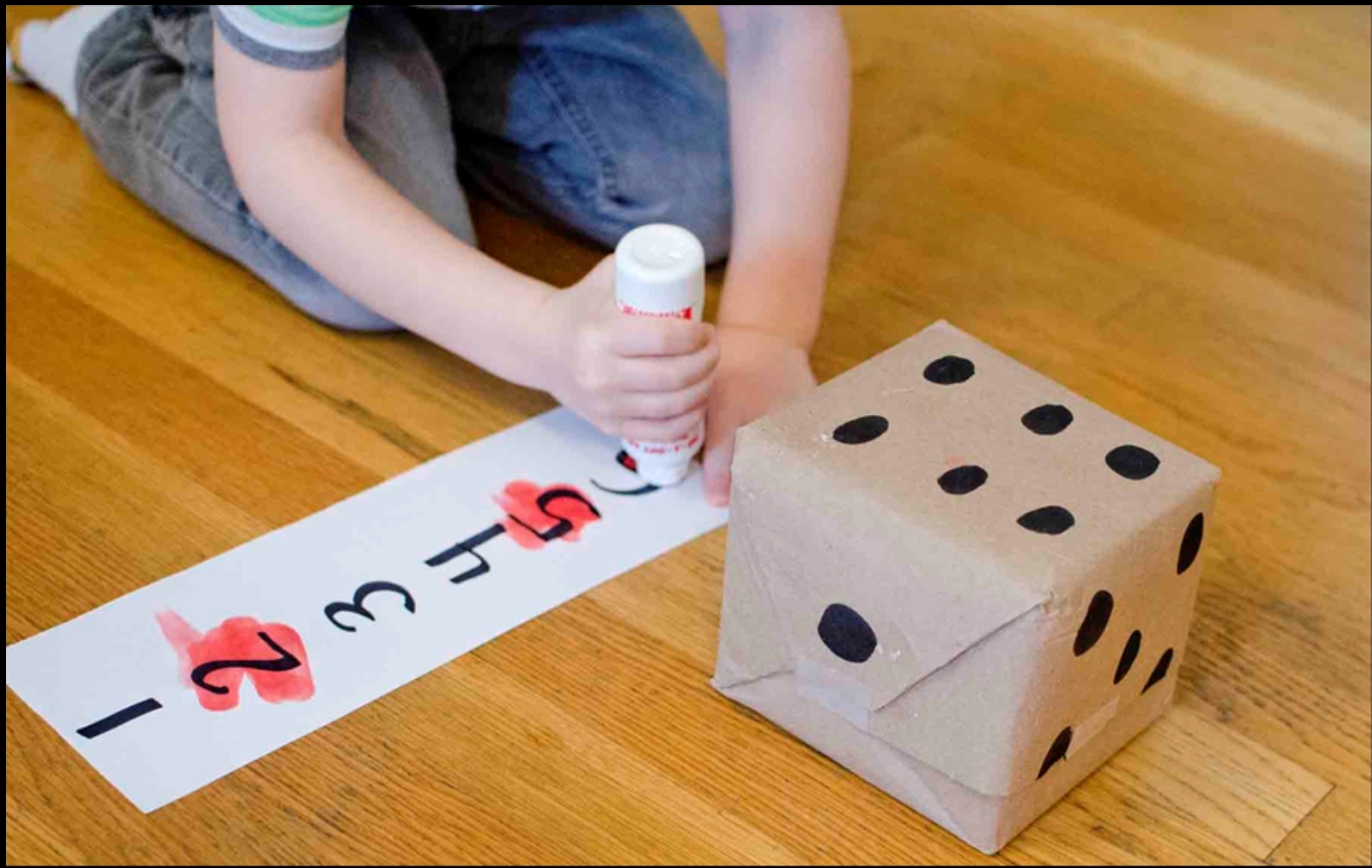Mathematics anxiety can disrupt the learning and performance of the subject through the disruption of working memory and avoidance by students. Math anxiety is a negative reaction, physiological reactivity, and apprehension when dealing with mathematics. The reactivity can affect both children and adults when they encounter evaluative situations or when they have to solve math problems and manipulate numbers.
Parents need to look out for math anxiety symptoms in their kids early enough so that they can get help from brighterly.com professionals to support their early math skill development.
What Are the Symptoms of Math Anxiety?

https://www.robotlab.com/blog/5-ways-to-help-students-work-through-math-anxiety
The early signs and symptoms of math anxiety can be behavioral or physical:
1. Physical symptoms
The physical symptoms of math anxiety have close similarities with general anxiety.
For instance, if the child exhibits excessive worrying when given a math problem to solve or a test. Students with anxiety show excessive and unnecessary worry that deters them from focusing.
Rapid heartbeat, and sweating when handling mathematics are yet other symptoms of anxiety. Often, students experience an increased blood flow and heart rate and start sweating like when they are in panic mode.
The feeling of restlessness is also a common symptom reported by children and adults suffering from math anxiety.
2. Behavioral symptoms
Often math anxiety will not manifest physically but behaviorally. While it may not be easy, observing students’ behavioral patterns can help you point out if they have math anxiety.
Inferiority complex is one of them, and this is when children lack the confidence to tackle math problems and have to rely on their peers, teachers, or parents to solve them. If the children perform well in their homework but poorly in exams, then it is a sign that they may have math anxiety when working with strict timeframes.
Avoidance is also a symptom of math anxiety, and it comes about when the students develop a negative perception of the subject. Negative self-talk over time can be demoralizing and contribute to the development of anxiety.
How To Help Kids Avoid And Overcome Math Anxiety
Math anxiety is common, and many adults and children struggle with it. The good news is that it can be overcome in the following ways.
1. Playing math

https://busytoddler.com/2017/03/roll-cross-math-game/
For naturally anxious kids, kids math games are excellent ways to help them overcome it. Play creates a sense of calm and provides tutors and parents a chance to create a non-threatening environment that supports learning.
Math games are also more engaging compared to the standard curriculum; thus, they can be useful in eliminating avoidance. Children can play math through card games, board games, and puzzles, to mention a few.
2. Slow down
Tutors and parents need to slow down when it comes to math with children showing signs of anxiety. Parents can help children develop a liking for the subject if they give learners mild tests and be lenient with timing when they give them tasks.
Educators have to be more strategic when teaching the subject to give learners more time to understand as speed may make them miss out on information, have poor performance, and develop avoidance due to bad experiences linked to their performance.
3. Keep realistic expectations
Being realistic with performance expectations in the subject will allow you to be more accommodative and provide room for students with math anxiety to develop their skills. Note that not all students have similar strengths when it comes to mathematics.
This also shows how critical designing personalized teaching strategies are. Not only will personalized learning schedules allow tutors and parents to provide the best support, but they will also reduce the pressure on students, which can worsen their anxiety.
Teach kids on their level of ability, and they will be less likely to get frustrated. More so, it is a more meaningful teaching approach that will help you seal the skills gap making them more comfortable with the subject.
4. Hire a tutor

Sometimes the solution for your child is hiring a professional for math tutoring. A dedicated tutor can deliver cognitive tutoring. This will not only enhance a child’s skills in mathematics but also relieve negative and abnormal responses to the subject.
A professional is equipped with experience to help them identify the causes of math anxiety in their students. They can also measure the level of anxiety, and create strategies to alleviate it.
5. Show confidence in your child
One of the causes of math anxiety is inferiority complex and self-doubt. To help your child overcome anxiety and develop a liking for mathematics, you have to show them that you are confident in their capabilities in the subject.
Don’t make your child experience the stigma of being poor at math, as it may cause avoidance of the subject. Reassure them and encourage them to tackle problems they feel they cannot handle.
Also, show them that you are ready to support them and become better at math. Creating such a safe space can do a lot for their mental wellbeing.
Take Away
A change of attitude and approach by students, parents, and tutors can help children with math anxiety overcome it, and love the subject. Making math lessons more engaging is one of the ways to develop their interest and show them that it is not a complex subject.
Acknowledging that kids have different strengths and designing lessons that speak to their individual needs will also help improve their performance and perception of the subject.
Bio
My name is Jessica Kaminski, and I am delighted to say this is my 9th year teaching mathematics. I graduated with a Bachelor of Science in Mathematics in 2009 and a Masters in Mathematics in 2021 from the University of Ostrava.

I started my math tutoring career in 2013 as a middle school mathematics teacher, and this year, I will be tutoring at Brighterly.
I offer result-oriented math classes for children in pre-K all the way to grade 5 and believe in the power of making math engaging, easy and interactive to enhance kids’ performance.
This is a contributed post and therefore may not reflect the views and opinions of this blog or its author. ☺




